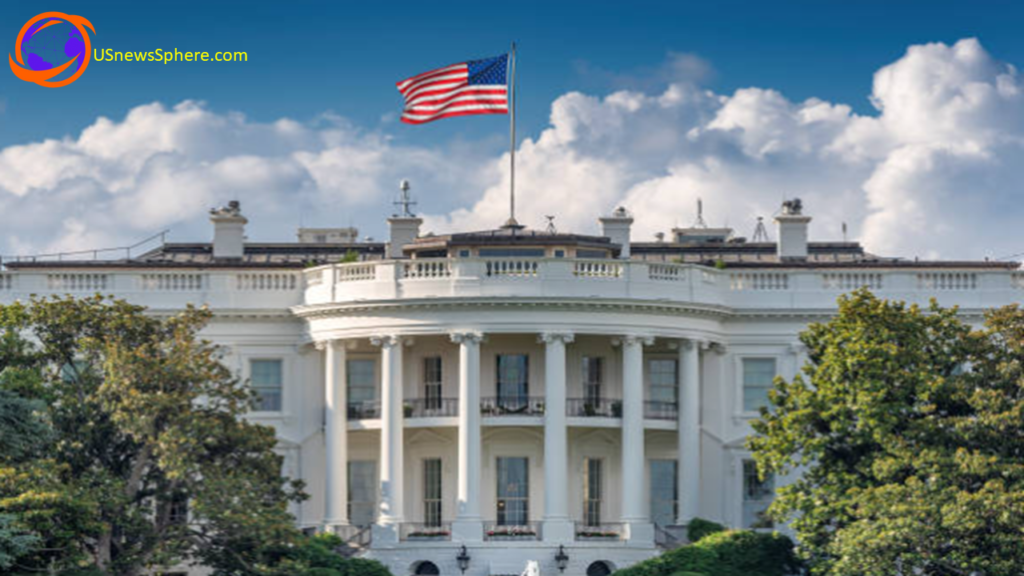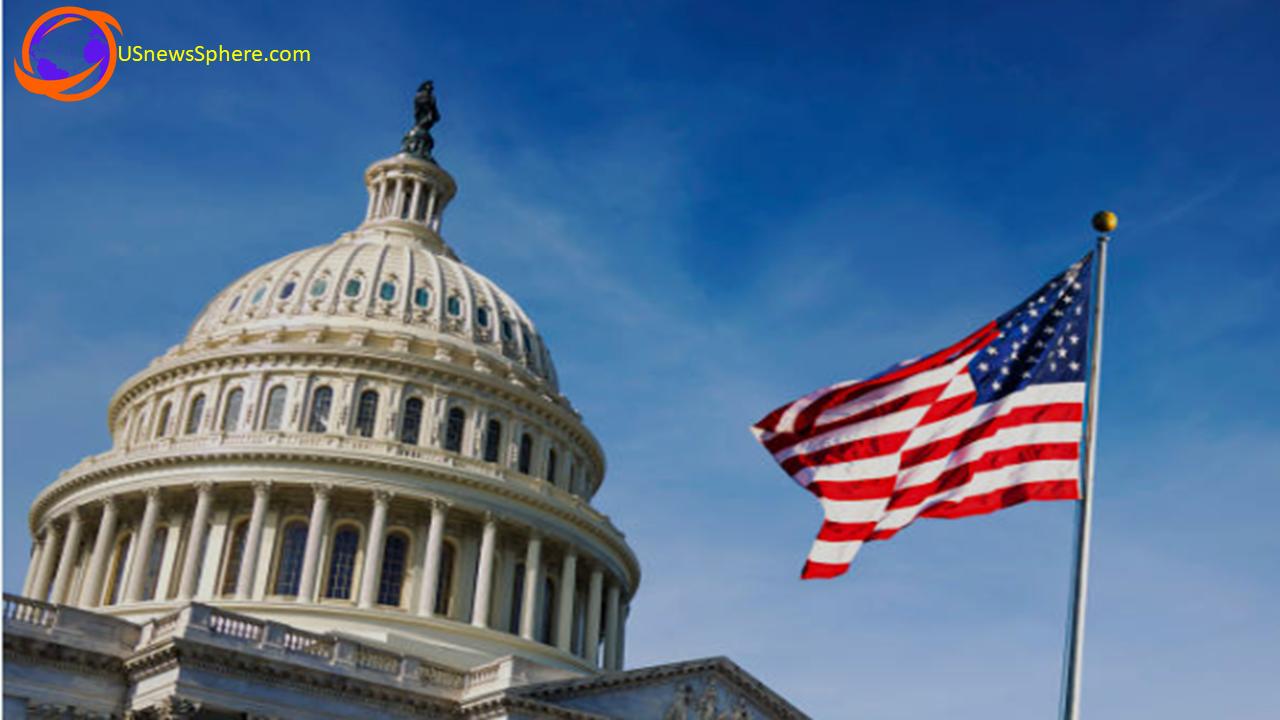White House: The U.S. Fifth Circuit Court of Appeals recently upheld a preliminary injunction that restricts how the U.S. government can liaise with major social media companies. This decision stemmed from concerns raised by the Republican attorneys general of Missouri and Louisiana, suggesting that the Biden administration may have infringed upon First Amendment rights in their dealings with these platforms.
White House :

Key Developments:
- First Amendment Concerns: The court panel, comprised of GOP-nominated judges, stated that the government’s attempts to highlight potentially false or harmful online content, particularly about the COVID pandemic and the 2020 elections, may have violated First Amendment rights. They believed that there was undue pressure on the social media platforms to suppress specific content, potentially affecting every social media user.
- Scope of the Order: The initial injunction had a broad scope, encompassing multiple federal departments such as the State Department and the Department of Homeland Security. The updated decision narrows this focus to just the White House, the surgeon general, the CDC, and the FBI.
- Origins of the Lawsuit: This legal challenge emerges from a larger debate where Republicans claim social media companies suppress conservative viewpoints. The situation has been further complicated by past instances like the 2016 election, where foreign entities tried manipulating social media users, and the rampant spread of COVID-related misinformation.
What This Means:
- Communication Restrictions: Judge Doughty’s initial injunction was expansive, barring various federal entities from most forms of communication with social media platforms. Exceptions were made for topics like national security, criminal activity, and foreign election interference.
- Government’s Perspective: The Biden administration believes the injunction hampers their ability to address pressing public welfare concerns. They emphasized their intent isn’t to dictate content policies to these platforms but to ensure the accuracy of information on critical subjects like public health and election integrity.
- Precedence: Both present and past administrations, including Trump’s, have had their interactions with social media companies. Notably, after Twitter fact-checked a tweet from former President Trump in 2020, he responded with an executive order challenging online platforms’ legal protections.

[cnn.com]
Implications Moving Forward:
While the appellate court’s decision is currently in place, its ramifications have been felt widely. For instance, the State Department halted weekly discussions with Facebook concerning the upcoming 2024 elections. The situation underscores the delicate balance between government oversight, freedom of speech, and the role of social media in modern discourse. As this unfolds, it’s crucial to stay informed and understand the implications for digital communication, policy-making, and the broader tenets of democracy.





